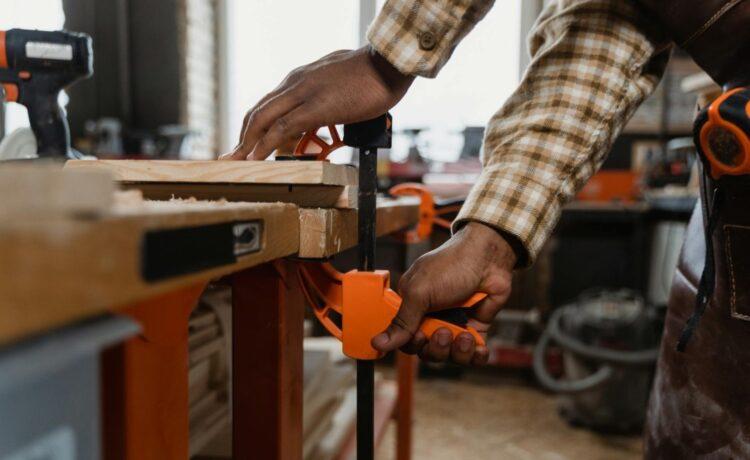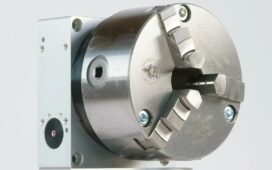Selecting the appropriate clamps for woodworking projects can significantly enhance precision and final quality. When gluing dovetails, you may appreciate large-jawed clamps that allow focused pressure application while remaining stable on any flat surface. Such tools make it easier to ensure workpieces are perfectly aligned from the start.
Also, consider TE-CO Clamping Kits. They offer a variety of lengths suitable for diverse tasks alongside handles designed to facilitate tightening without sacrificing comfort or grip strength.
Understanding Clamp Varieties
Understanding the various clamps is vital as you dive into woodworking. Large-jaw bar clamps are a staple. They’re versatile for tasks like dovetail gluing or panel glue-ups, and their ability to press workpieces down flat ensures alignment from the start.
You’ll find these in sizes up to 50 inches, the most popular being the 26-inch, allowing coverage across projects large and small. Your preference might vary based on handle design, a critical feature that affects grip and torque while tightening.
For heavy-duty tasks needing significant pressure, such as working on hefty pieces like a workbench top, vintage iron bar clamps prove indispensable due to their enormous strength capacity despite weighing more than their K-body counterparts. In contrast, pipe clamps offer affordability but may require modifications such as rubber pads to protect your work from damage caused by metal jaws.
Maximizing Te-Co Clamping Kits
To maximize your Te-Co clamping kit’s effectiveness, carefully assess each project. Start by planning and building as usual. As you move to the glue-up phase, evaluate which clamps are needed for solid adhesion without damaging your workpiece.
If an F-Style clamp suits the task due to its high-pressure point at the jaw end, ideal when focused force is essential, choose it over parallel ones that might be costlier. Remember that while some F-clamp variations come with protective rubber pads, others don’t. Opt for those with padding unless ready-made wooden scraps are handy to prevent marks on surfaces or oily residues left behind from certain rubbers. C-clamps are another vital option in a robust toolkit like yours because of their versatility and strength. They’re gold in keeping panels flat or securing parts during intricate steps like mortising table legs atop benches.
Assess if features such as quick-release buttons add value, considering how they effectively serve smaller-scale projects within various woodworking settings. As you build out your collection incrementally based on necessity, you’ll gauge whether adding more versatile tools is warranted per project demands. Always prioritize safeguarding fine finishes, especially when using ratcheting clamps, and recognize these may double up as spreaders, too!
Clamp Selection for Wood Projects
When selecting clamps for your wood projects, consider the glue-up process. Though polished bars may seem immune to dried glue, it’s not always true. For a clean grip every time, keep clamps free of residue with regular cleaning.
Aluminum bar clamps are affordable, lighter than pipe versions, and more straightforward to handle during intricate work. However, they might bend under pressure, affecting their ability to apply force consistently across pieces. For tighter budgets without sacrificing quality, seek out brands with hardy builds but reasonable pricing.
Remember that handles matter, too: Models with fluted aluminum grips ensure comfort and control as you secure components together firmly yet delicately in place.
Selecting the proper clamps for woodworking ensures precision and safety. The TE-CO CL.687TSLOT1/2″52PTO clamp, available at Suncoast Precision Tools, offers reliable grip and versatility for your projects. Its robust construction withstands rigorous use while providing consistent pressure across workpieces.
Invest wisely in quality equipment like this top-notch clamp for successful outcomes in every woodwork venture.







